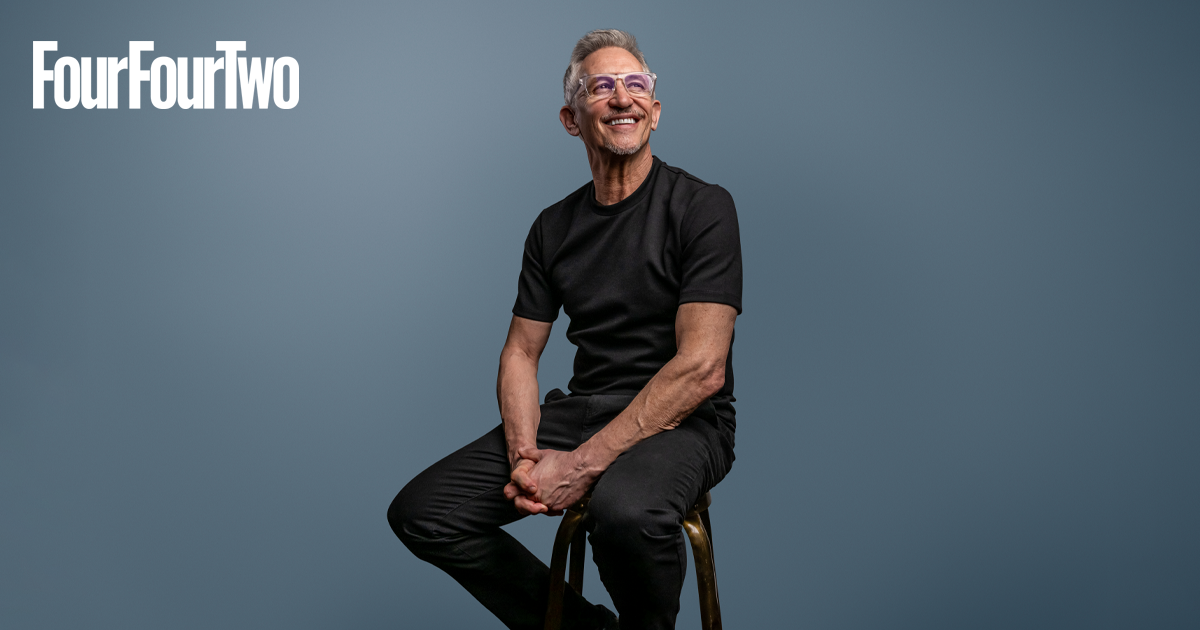Lineker's Exclusive: BBC, Sky, and the Power of Long-Term Loyalty
Gary Lineker's recent departure from the BBC, followed by a swift return, has sparked a fierce debate about loyalty, contracts, and the evolving media landscape. The saga highlights not only the power of a strong personal brand but also the complexities of long-term relationships in the increasingly competitive world of sports broadcasting. This article delves into the key aspects of Lineker's situation, examining his history with the BBC, his potential move to Sky Sports, and the broader implications for viewers and the industry.
The BBC Fallout: A Public Relations Nightmare
Lineker's suspension from the BBC, stemming from his criticism of the government's controversial asylum policy, ignited a firestorm. The public outcry, particularly from fellow presenters and viewers, was immense, demonstrating the strength of Lineker's connection with his audience and highlighting the BBC's potential missteps in handling the situation. This wasn't simply a contract dispute; it became a debate about freedom of speech, impartiality, and the role of public broadcasters. The controversy highlighted the potential risks for both broadcasters and presenters when navigating politically charged issues.
-
Lineker's Public Image: Lineker's carefully cultivated image as a respected and beloved sports personality was a key factor in the public's reaction. His strong social media presence amplified his voice and allowed him to directly engage with his supporters.
-
BBC's Handling of the Crisis: The BBC's initial response was widely criticized for its perceived heavy-handedness, further fueling the controversy and alienating many viewers. The eventual reinstatement showcased a significant U-turn, suggesting a recognition of the public backlash.
-
The Impact on Viewership: The disruption to Match of the Day and other BBC programming directly impacted viewership, illustrating the significant influence Lineker holds over the television audience.
Sky Sports: A Tempting Alternative?
While the BBC ultimately reinstated Lineker, the episode fueled speculation about a potential move to a rival broadcaster, most prominently Sky Sports. Sky, a known competitor with substantial resources, could offer Lineker a lucrative contract and greater creative freedom. However, a move to Sky would represent a significant shift for Lineker, potentially alienating some of his loyal BBC fans.
-
Financial Incentives: Sky Sports undoubtedly possesses the financial clout to offer a very competitive package to a presenter of Lineker's stature.
-
Brand Alignment: The question of whether Sky's brand aligns with Lineker's personality and values remains a crucial factor.
-
Long-Term Considerations: Any potential move would necessitate a careful consideration of long-term career implications and brand consistency.
The Value of Long-Term Loyalty: A Two-Way Street
Lineker's situation underscores the importance of long-term loyalty in the broadcasting industry. While lucrative short-term deals may be tempting, long-term relationships built on mutual respect and understanding can prove far more valuable. Both the broadcaster and the presenter benefit from stability and a shared vision. However, the balance between loyalty and individual freedoms needs careful consideration. The recent events demonstrate this precarious balance.
-
BBC's Legacy: The BBC's long-standing relationship with Lineker represented a considerable asset, demonstrating the value of investing in long-term talent.
-
Lineker's Commitment: Lineker's initial commitment to the BBC, despite the recent turmoil, speaks volumes about the potential strength of longstanding relationships.
-
Future of Broadcasting: Lineker’s case provides a vital lesson for both broadcasters and presenters about navigating the evolving media landscape and understanding the importance of open communication and mutual respect.
Conclusion: The Lineker Legacy Continues
Gary Lineker's experience serves as a case study in the intricate dynamics between broadcasters, presenters, and the public. While his immediate future remains with the BBC, the events highlight the complexities of navigating modern media, the power of long-term loyalty, and the importance of a strong personal brand in a fiercely competitive environment. The impact of this episode will undoubtedly continue to shape discussions around freedom of speech, impartiality, and the future of sports broadcasting for years to come.

